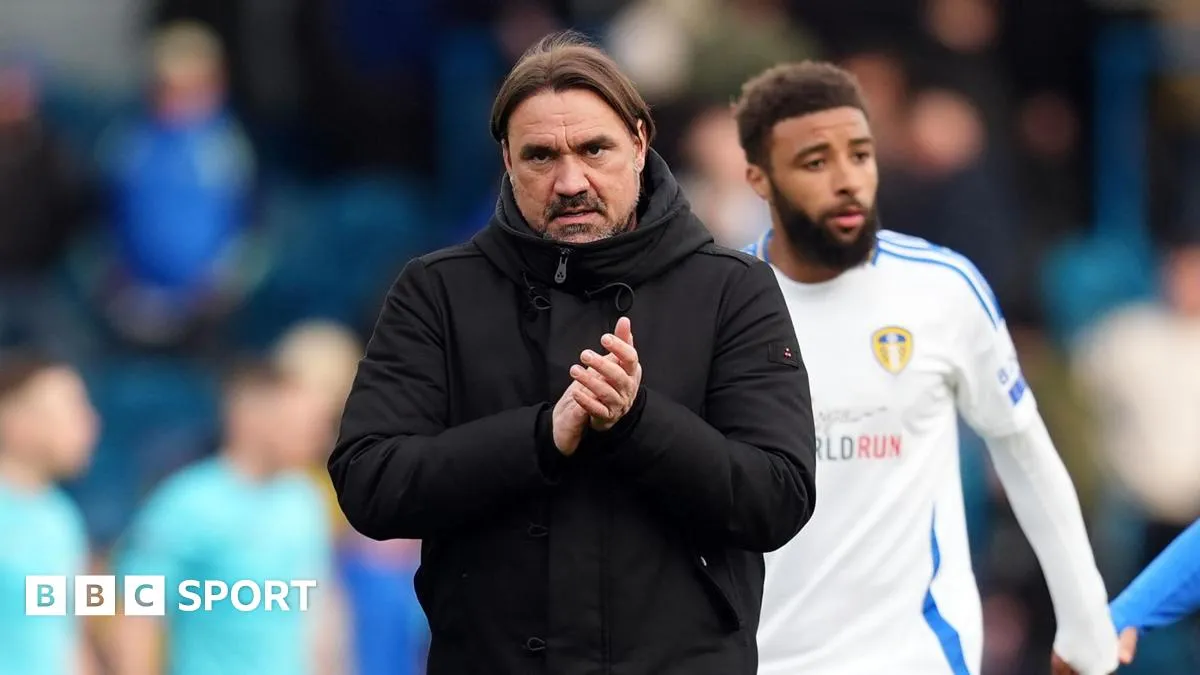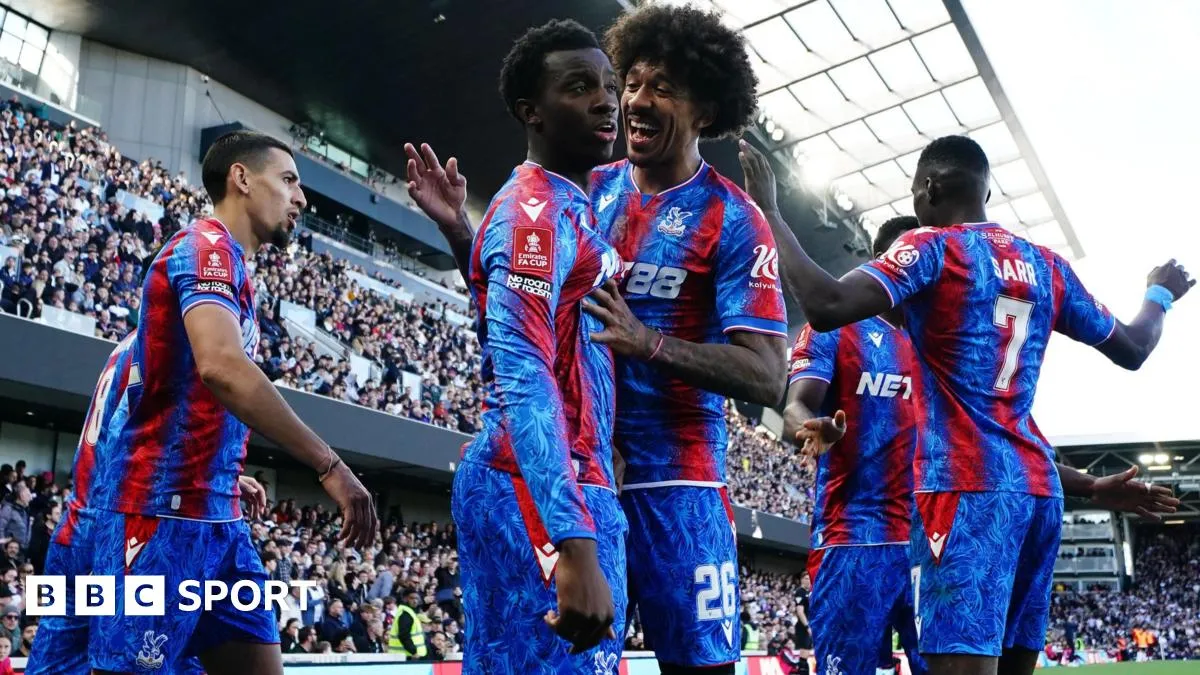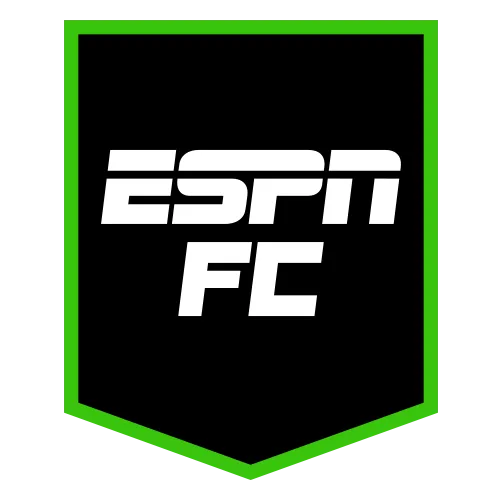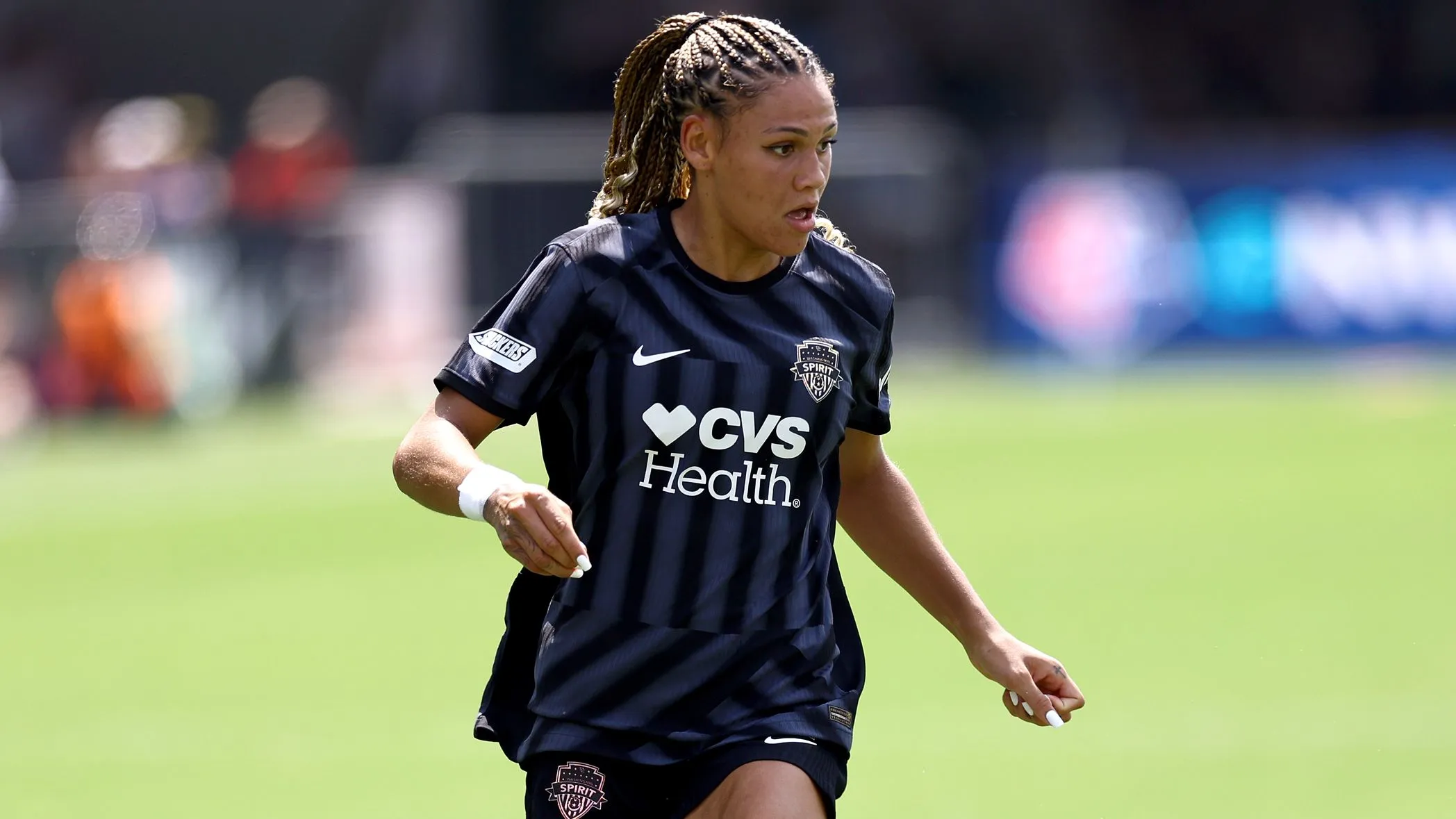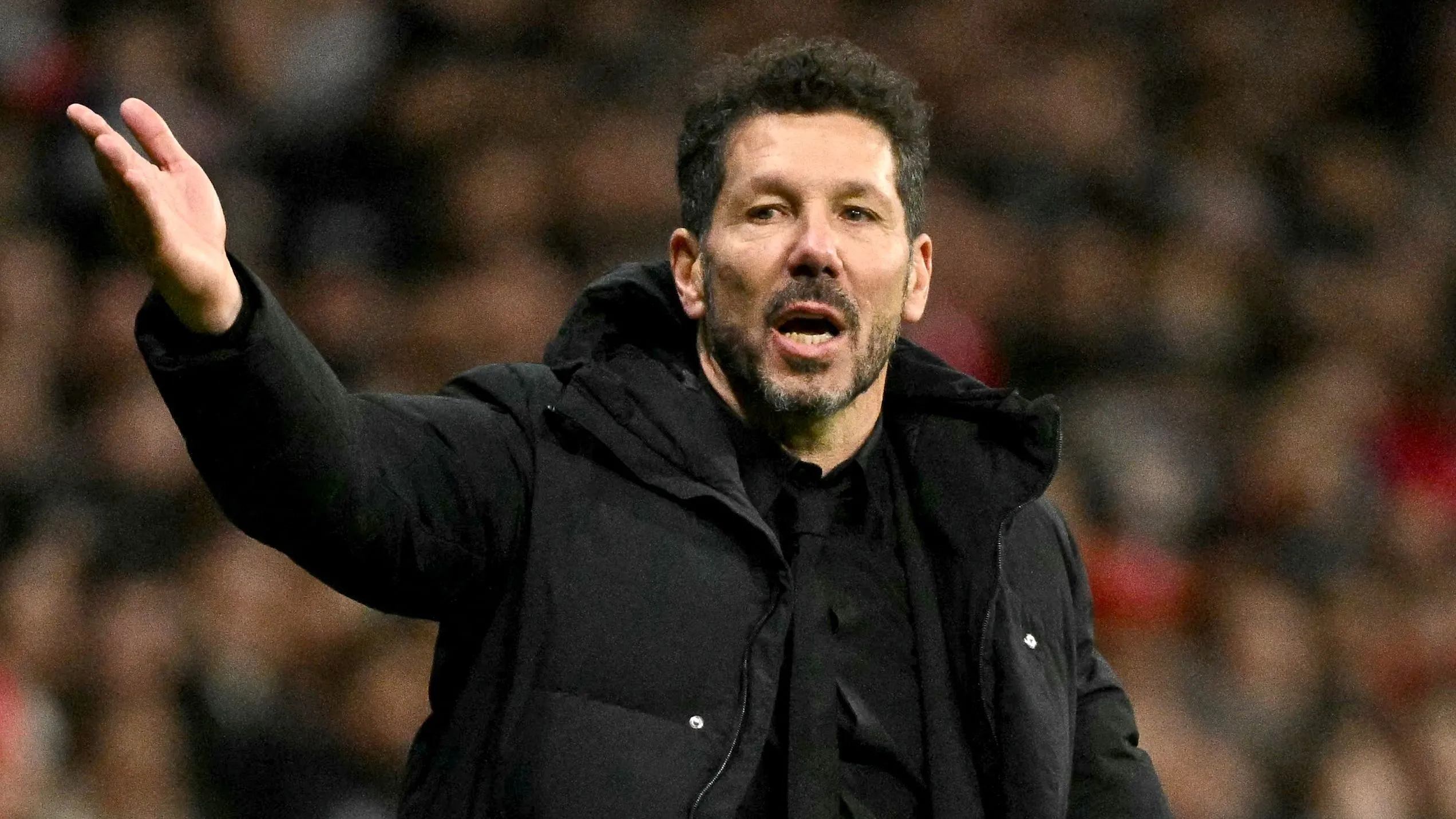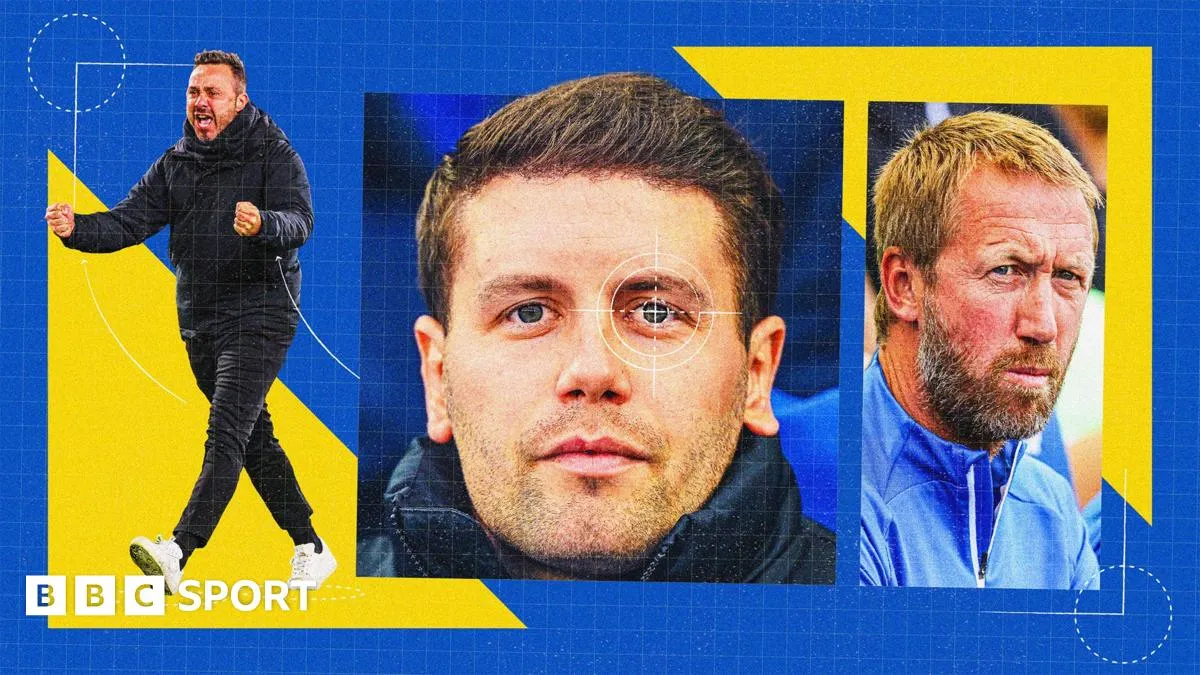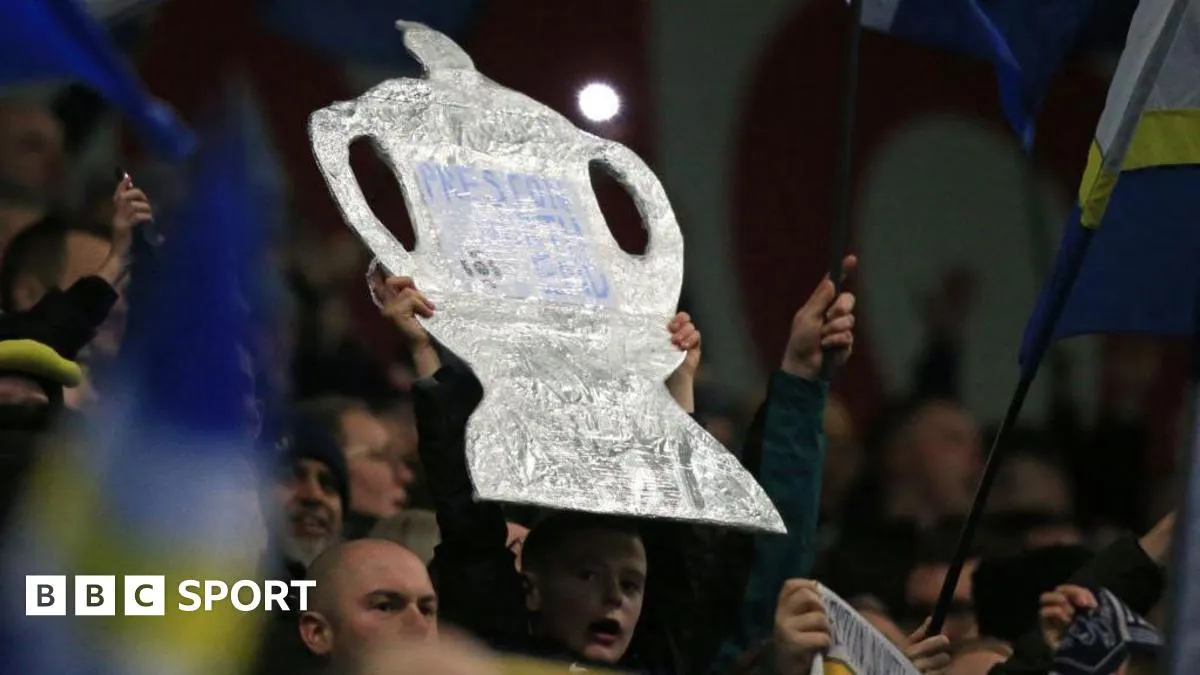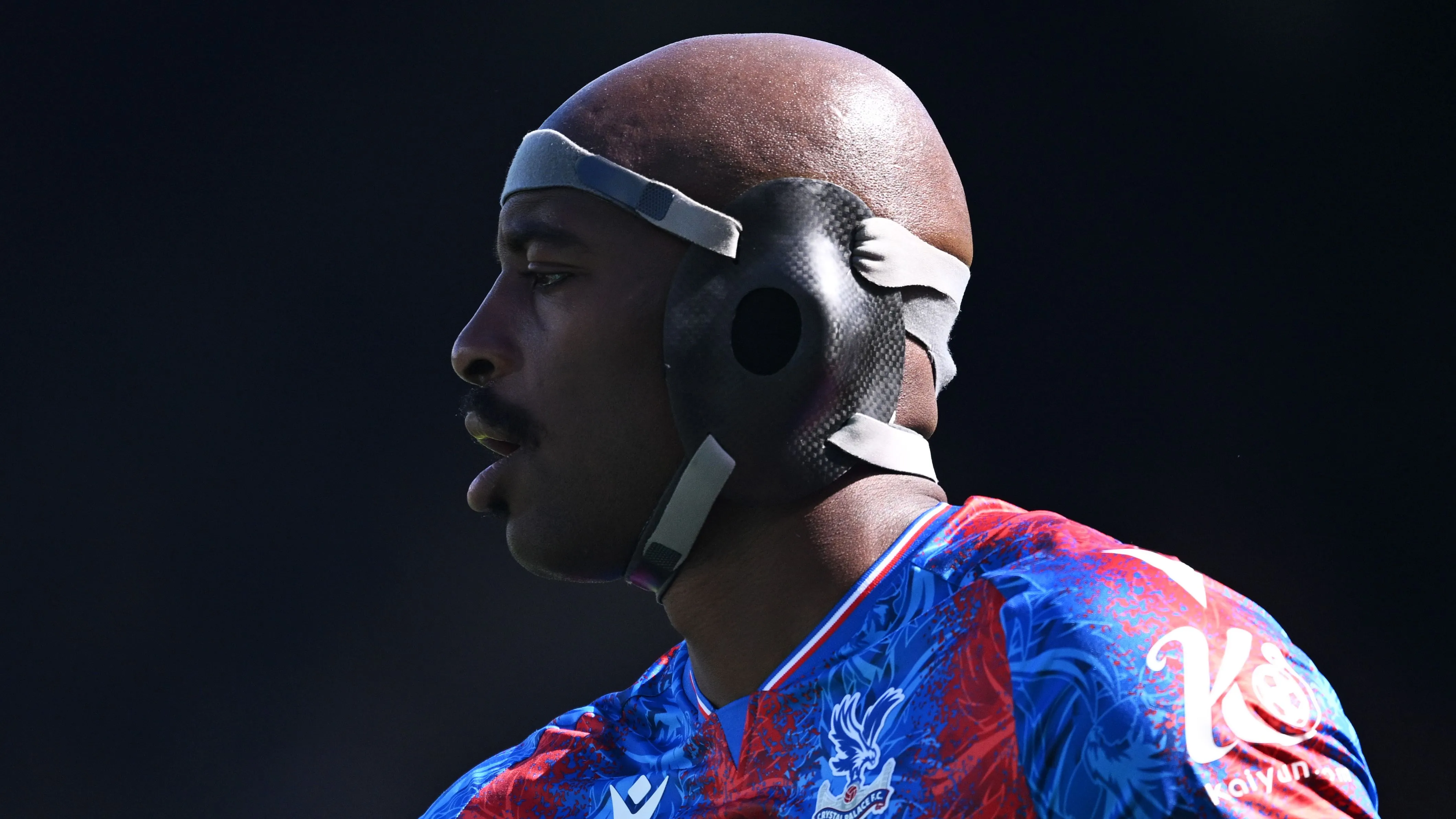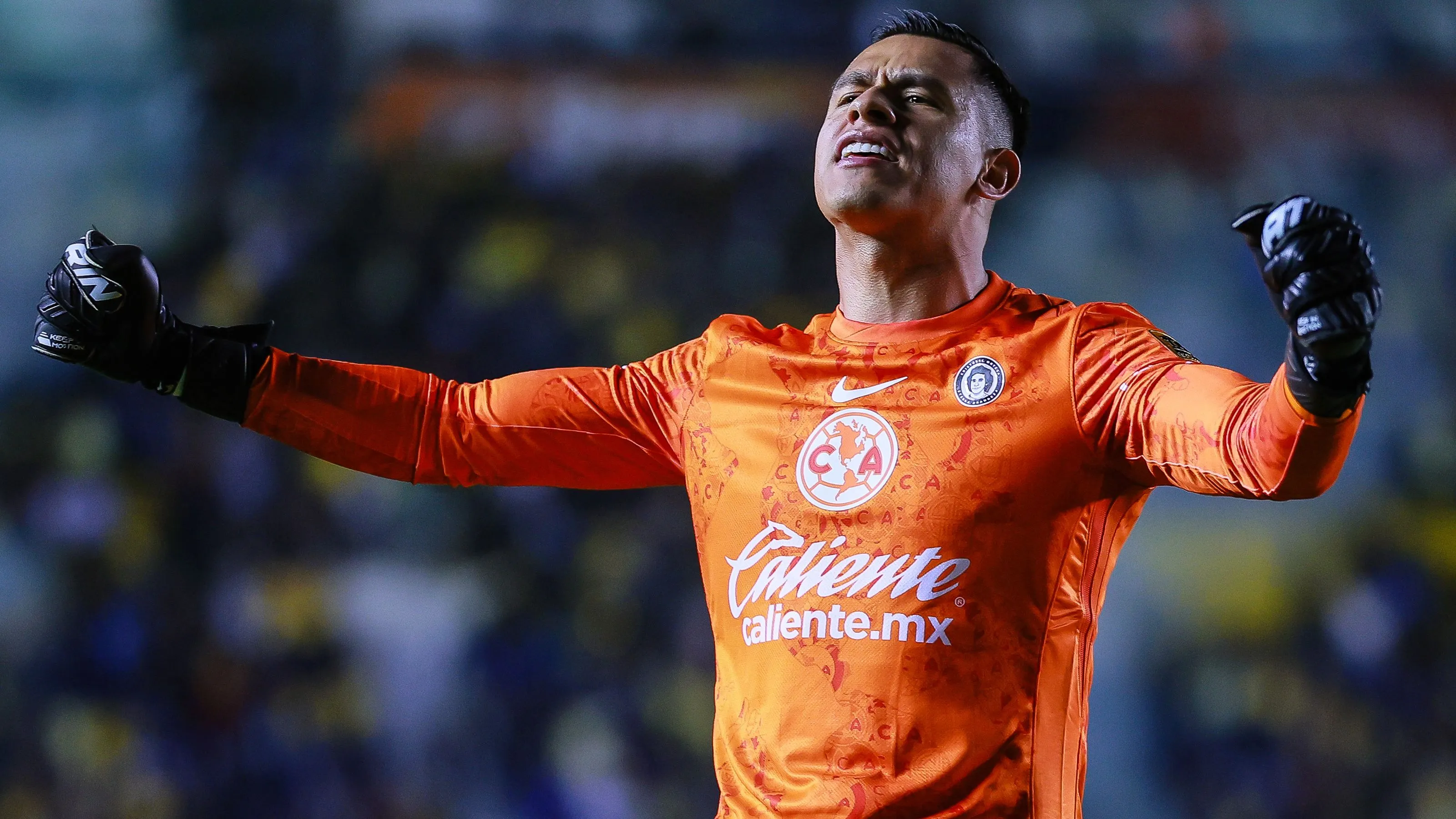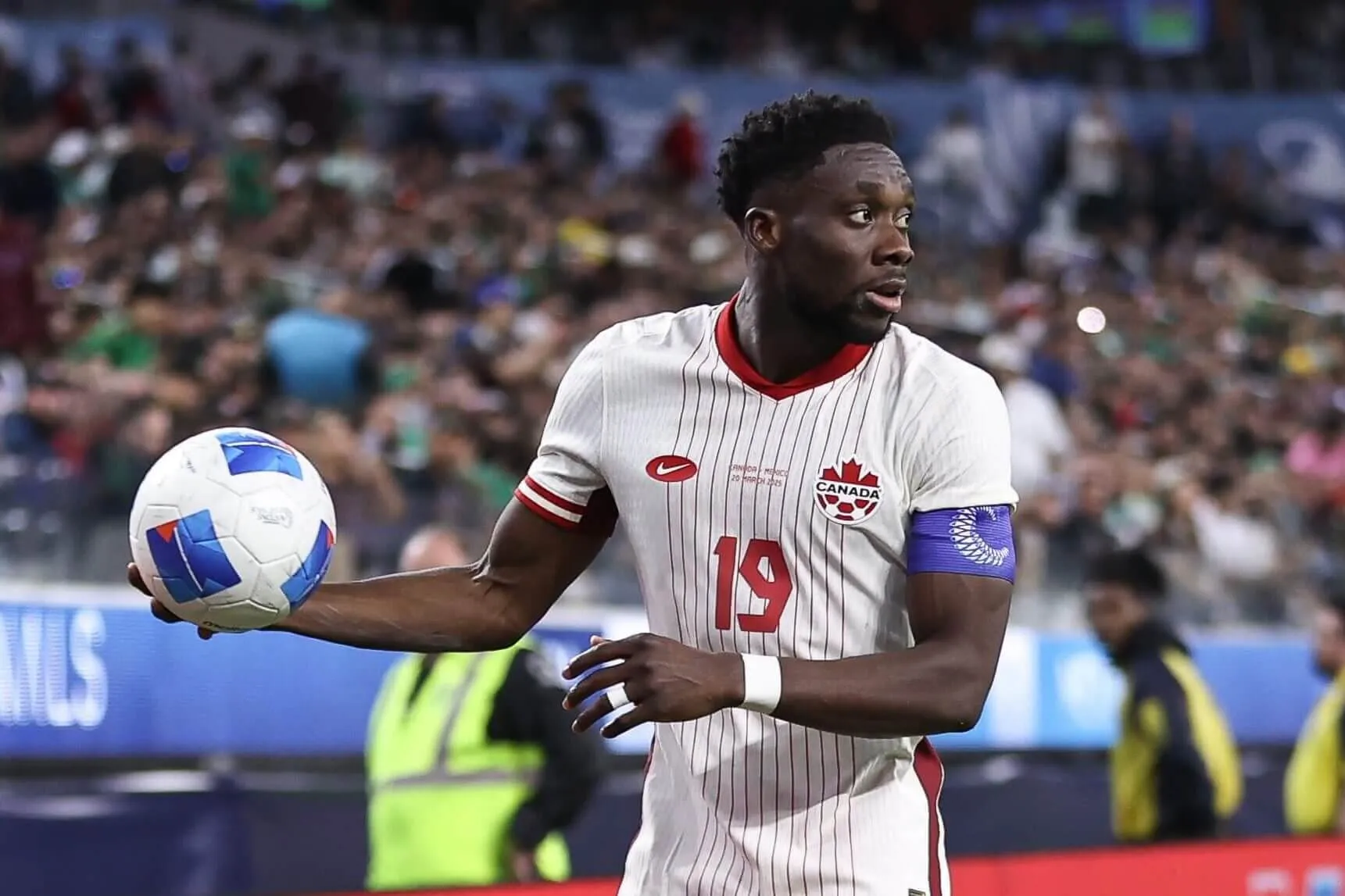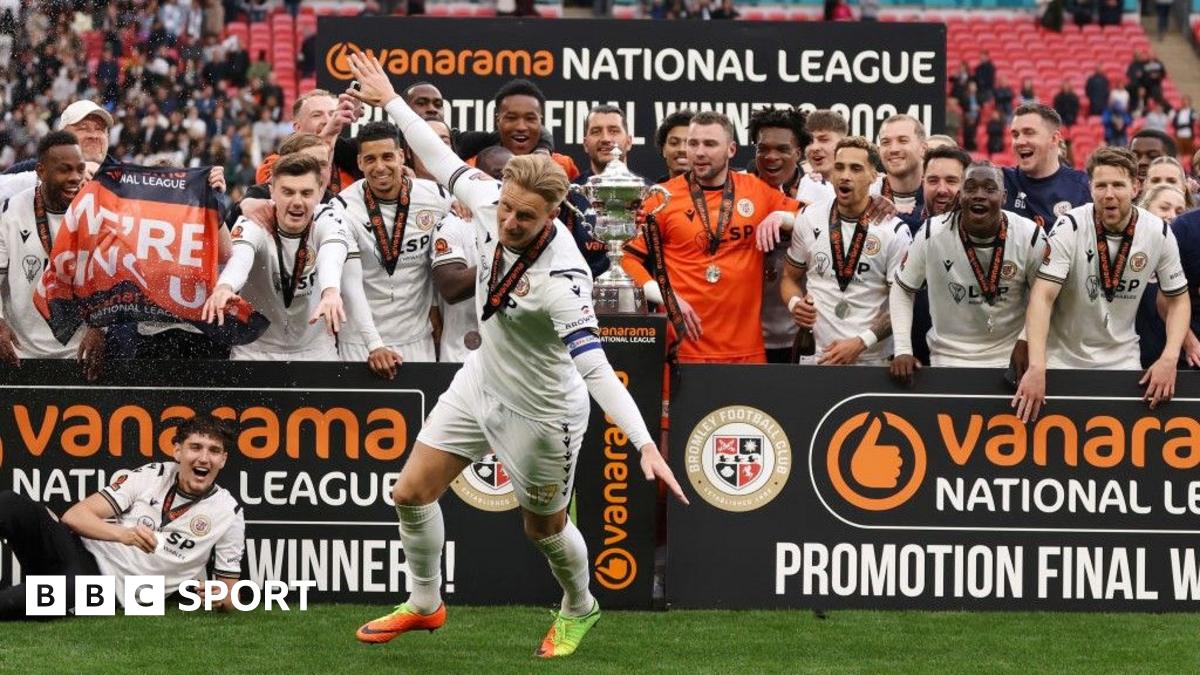
All 72 National League clubs have collectively demanded the English Football League (EFL) implement three promotion and relegation spots between the two leagues starting next season, escalating tensions in English football's hierarchy.
The National League's push for expanded promotion opportunities comes amid concerns that discussions could be delayed by up to four years, according to National League general manager Mark Ives in his comments to BBC Sport. The current system, which allows for only two promotion spots, has been in place since 2003 when the play-off system was introduced, following the establishment of automatic promotion in 1987.
"We have a pyramid that is the envy of countries worldwide because you can go from the very bottom to the top, purely on sporting merit. But there is a blockage in the jump between National League and EFL. Two-up, two-down is simply unfair," Ives explained, highlighting the need for reform.
The situation has been complicated by strained relations between the EFL and National League, particularly after Ives represented his organization at a Premier League reception in Parliament last April. The National League's concerns about potential legal costs from regulatory disputes have added another layer of complexity to the matter.
Recent performance data supports the case for increased mobility between the leagues. Over the past decade, eight out of 19 relegated League Two teams have managed to secure promotion back to the EFL. Current examples show the competitiveness of promoted teams, with last season's National League champions Chesterfield currently sitting 10th in League Two, while play-off winners Bromley hold 16th position.
The EFL has responded to these demands with measured consideration. In their statement, they acknowledged the pyramid's importance: "Recognizing the strength of the pyramid, the league has been consistent in its commitment to looking both upwards and down when considering future changes." However, they maintain that any changes to promotion and relegation must be part of broader reforms benefiting all levels of the game.
The timeline for resolution remains uncertain, as the EFL has indicated it will address this matter only after the Independent Regulator resolves ongoing funding disagreements with the Premier League. Ives estimates this could lead to a four-year delay, stating, "By the time it is set up, started, staff trained and all the elements of the Bill are in place and then, potentially, the dispute between the Premier League and EFL has been aired with a backstop, that could be three years."

